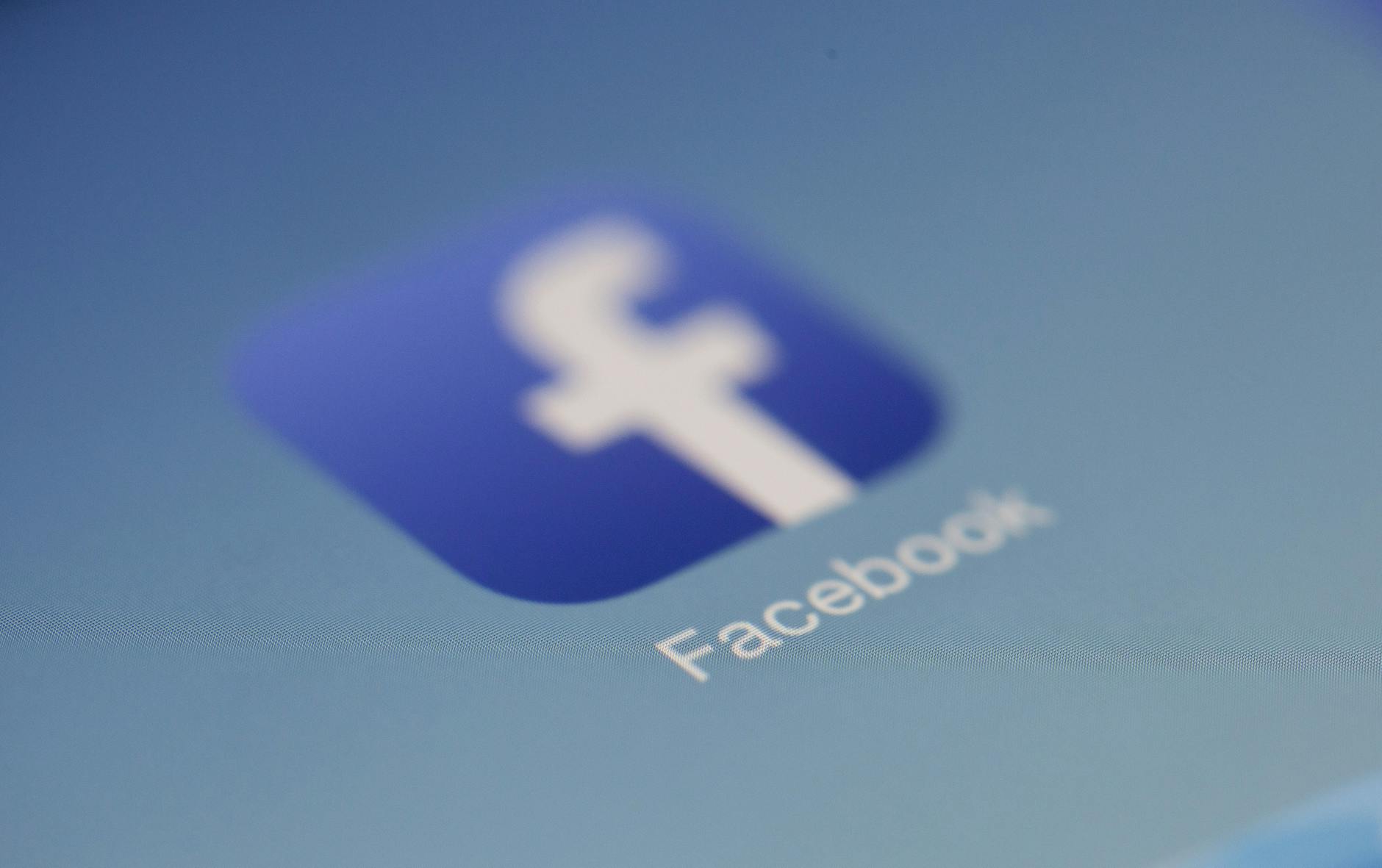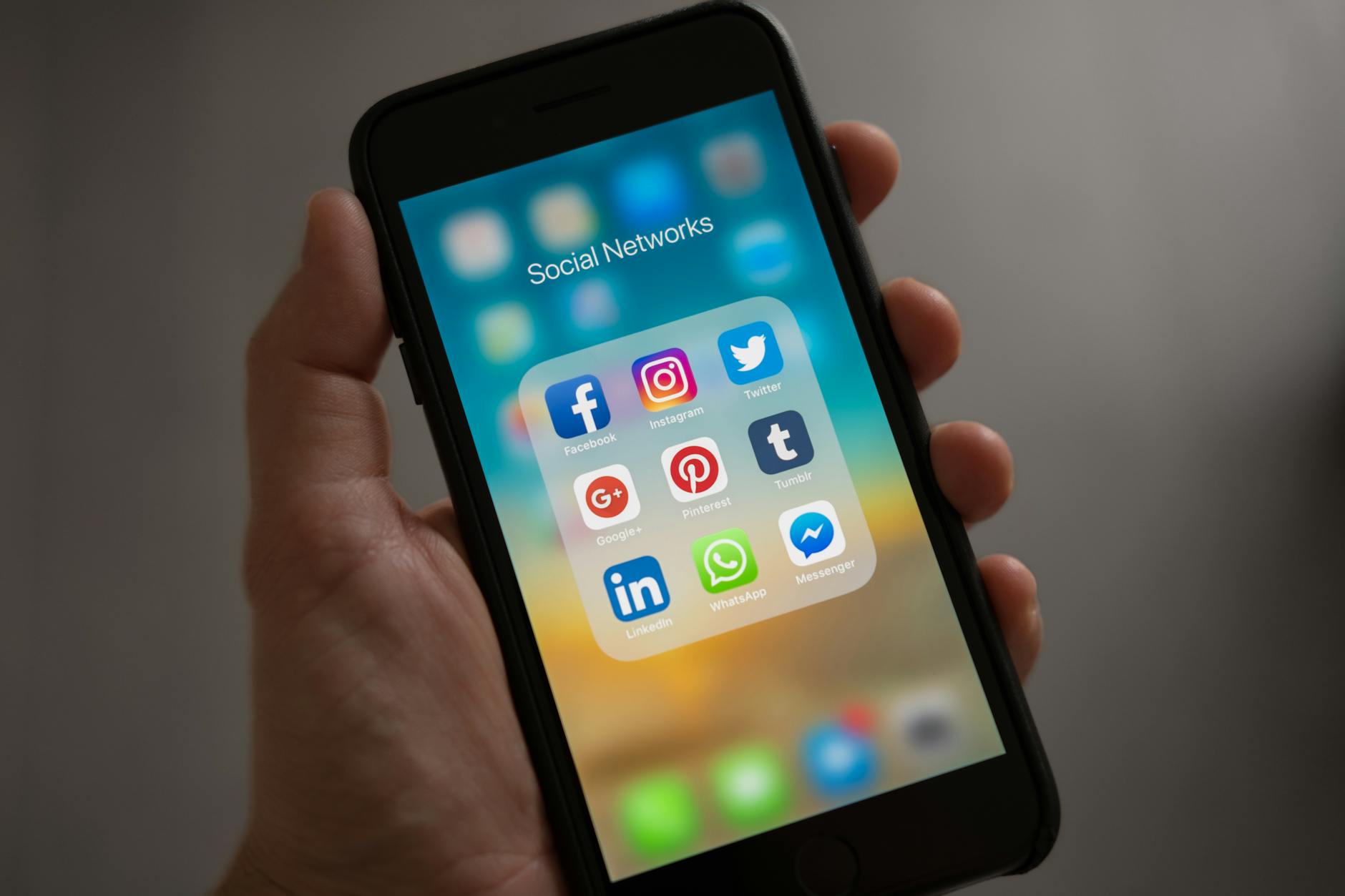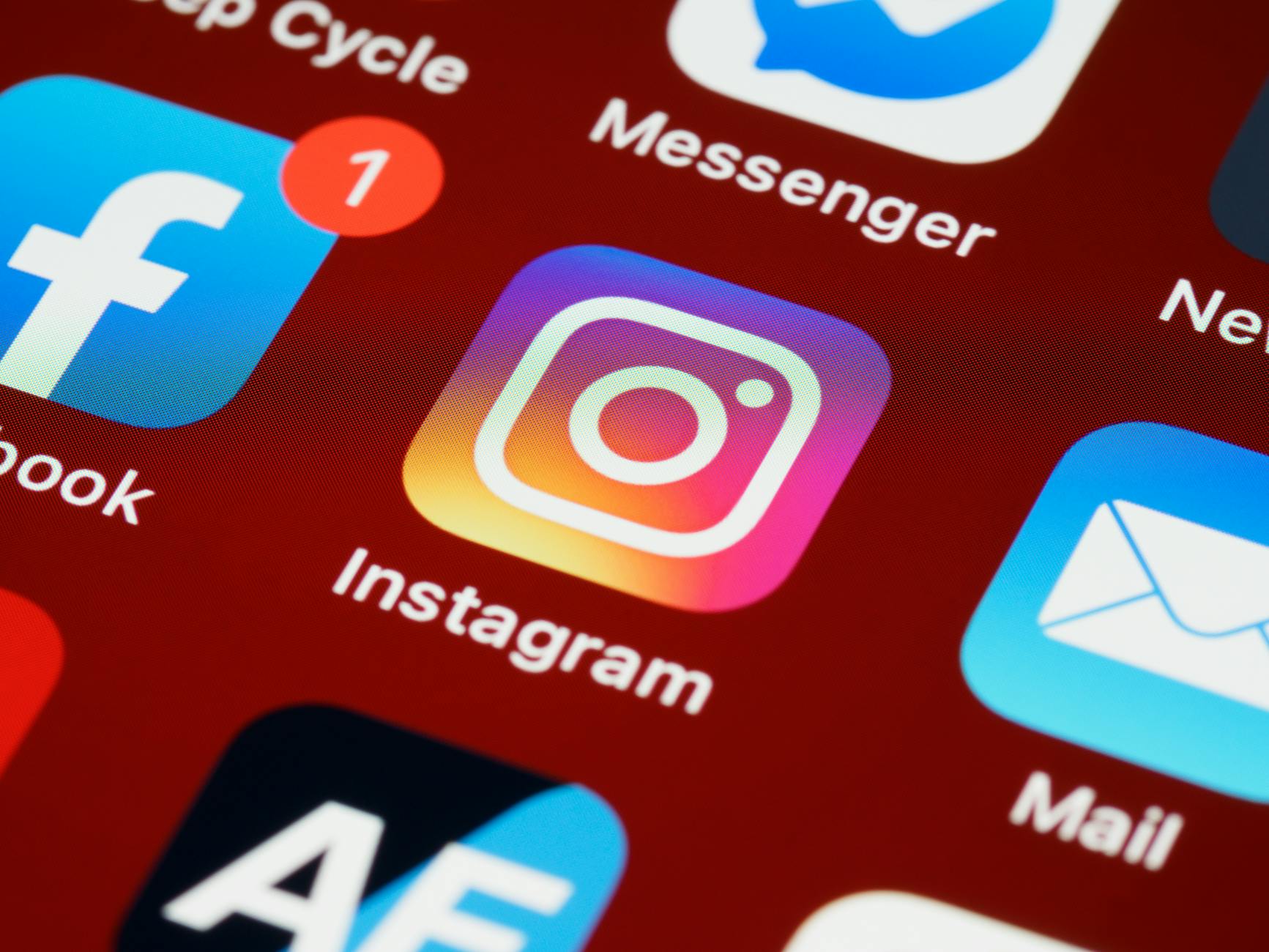Facebook Messenger marketing is transforming how businesses connect with their audience. With over a billion active users, Messenger offers direct access to customers. It’s not just about conversations; it’s about meaningful interactions that build trust and drive sales. If your business isn't using this tool yet, you could be missing a powerful opportunity to grow.
For more insights, check out this Facebook Messenger for Business Guide on YouTube.
Understanding Facebook Messenger Marketing
Facebook Messenger marketing is an innovative tool used by businesses worldwide to connect directly with their audience. At its core, it's about creating meaningful, personalized interactions through a platform that people already use daily. With over a billion active users, Messenger offers businesses a unique way to establish trust, encourage engagement, and drive sales.
What is Facebook Messenger Marketing?
Facebook Messenger marketing refers to the use of Messenger as a communication channel to engage with customers and prospects. It's not just about sending simple text messages—it includes automating conversations via chatbots, sharing promotional content, and offering customer support. Think of it as a digital storefront where your customers can browse offerings, ask questions, and even make purchases—all within a single chat window.
This type of marketing allows businesses to:
- Automate responses to common queries.
- Send out personalized messages based on customer behavior.
- Drive sales through direct product recommendations.
- Provide instant customer support, which increases satisfaction.
What sets Facebook Messenger apart is its integration with other tools and features. Messages can be triggered through ads, landing pages, or even website interactions, making it an all-encompassing strategy for outreach and engagement.

Photo by Pixabay
Benefits of Using Messenger for Marketing
The advantages of leveraging Facebook Messenger for marketing are numerous, and here's why so many businesses are adopting this strategy:
- High Engagement Rates
Messenger boasts open rates of over 80%, far exceeding traditional email campaigns. Customers are more likely to see and respond to your messages because they're delivered directly and prominently. - Personalized Interactions
Targeted messages make customers feel valued. Messaging apps allow businesses to customize their approach based on user interests and past interactions, building stronger customer relationships. - Automation Saves Time
Chatbots can handle frequently asked questions, direct users to resources, or even process orders. This reduces the burden on your team while still ensuring top-notch service. - Instant Communication
People love quick responses. Messenger lets you reply in real-time, leading to happier customers and quicker decision-making from prospects. - Cost-Effective Marketing
Traditional advertising can be expensive, but Messenger allows you to connect with customers for minimal costs. According to this Facebook Messenger Marketing guide, it's an affordable alternative to SMS or email campaigns.
Facebook Messenger marketing offers accessibility and convenience for both businesses and customers. From generating leads to closing sales, it’s a versatile tool that fits into every stage of the sales funnel. Explore strategies in detail at Top 5 Facebook Messenger Marketing Strategies.
Setting Up Facebook Messenger Marketing
Incorporating Facebook Messenger into your business strategy is more than signing up for an account—it’s about using it in ways that truly connect with your audience. Messenger marketing can streamline customer support, boost engagement, and even drive purchases. Below, we’ll walk you through the essential steps of setting up Facebook Messenger Marketing, including creating a business account and integrating Messenger with your website.
Creating a Facebook Business Account
The foundation of Messenger marketing starts with a Facebook Business Account. This allows your business to access essential tools for messaging, ads, and analytics. Here’s how to create one:
- Sign Up on Facebook Business Manager
Head over to the Meta Business Manager website and click "Create Account." Provide your business name, email, and other essential details. - Adding Your Page or Creating One
Already have a business page? Add it to your account. If not, you’ll need to create a new page to represent your brand. - Configure Page Settings
Once your page is connected, head to the settings menu. Ensure Messenger is enabled—this makes it available for customer interactions. - Link Your WhatsApp (Optional)
Depending on your goals and audience, you can also link WhatsApp to your account for a multi-channel communication setup.
A Facebook Business Account not only gives you access to Messenger but also opens up a suite of tools, including ad targeting and performance tracking. For a deeper guide on Messenger setup, read Marketing on Messenger.

Photo by Lisa Fotios
Integrating Messenger with Your Website
Bringing Messenger to your website lets you connect with visitors directly. Imagine it as a virtual customer service desk available 24/7, guiding users and addressing their needs in real-time. Here’s how to do it:
- Add the Messenger Chat Plugin
Facebook offers an easy-to-use Messenger Chat Plugin. Head to your Business Page settings, find the "Messaging" section, and customize your plugin details (like colors and greetings). Then, get the code snippet to paste into your website. - Embed the Plugin Code
Insert the generated code snippet into the HTML of your site. If you're using platforms like WordPress, third-party integrations or plugins can simplify this process. - Customize User Experience
Craft welcome messages and automated initial questions. For instance, “Hi! How can we assist you today?” can improve engagement. - Test the Integration
Go live, then test the chat on your site. This ensures everything runs smoothly and that your responses (manual or chatbot) are appropriate.
Integrating Messenger onto your website bridges offline and online customer communication. Need inspiration on Messenger strategies? Check out this Messenger Marketing Guide.
Feel empowered to let Messenger do the heavy lifting, so you can focus on nurturing meaningful connections. More practical strategies are coming up next in the post!
Effective Strategies for Facebook Messenger Marketing
Messenger marketing isn't just sending messages; it’s about creating engagement and fostering meaningful customer relationships. Facebook Messenger offers unique opportunities to communicate directly, automate processes, and increase conversions while keeping a personal touch. By combining various tactics, businesses can build a strategy that resonates with their audience.
Utilizing Chatbots
Chatbots are the backbone of Messenger marketing. They automate conversations, ensuring 24/7 customer support while saving time. A well-configured chatbot can answer FAQs, guide users to products, and even collect leads. Imagine a virtual assistant available at any time—this is what chatbots offer.
Benefits of chatbots include:
- Instant Responses: They eliminate delays by providing immediate answers.
- 24/7 Availability: Businesses can support global customers without hiring round-the-clock staff.
- Lead Generation: Chatbots can collect valuable customer data during interactions.
- Seamless Handoffs: If a chatbot can’t resolve an issue, it can escalate to a human agent.
Use a tool like ManyChat or Chatfuel to create customized chatbot workflows tailored to your services.
Learn more about key Messenger chatbot tips in this Messenger Marketing Best Practices guide.
Personalization Techniques
Customers value personal interactions. Generic messages often get ignored, but personalized ones stand out. Messenger allows businesses to customize messages using customer names, past interactions, and preferences.
Steps to personalize Messenger marketing:
- Segment Your Audience: Group users by demographics or behavior.
- Customize Messaging: Send tailored promotions such as, "Hi [Name], we noticed you liked this product!"
- Use Behavior Triggers: Set automated responses based on clicks, purchases, or chat history.
For example, if a customer frequently browses certain products, send them personalized recommendations or discounts. This approach creates a connection, increasing the likelihood of engagement and retention.
Running Promotions and Offers
Promotions drive customer attention, and Messenger is a perfect channel to deliver exclusive deals. Think of it as dropping a handwritten note into someone’s inbox—it feels special and drives action.
Ideas for using Messenger for promotions:
- Exclusive Discounts: Share promo codes for Messenger-only offers.
- Seasonal Campaigns: Conduct flash sales or holiday specials.
- Loyalty Rewards: Notify loyal customers about perks or points they've earned.
- Contests & Giveaways: Encourage users to participate by clicking on Messenger links.
Don’t forget to make your offer time-sensitive. Urgent, limited-time deals often lead to quicker conversions.
Explore more promotion strategies in this guide to Facebook Messenger marketing.
Using Messenger Ads
Messenger ads connect businesses with their audience through direct, personalized interactions. Whether you’re starting a conversation or driving traffic to your site, these ads can effectively fit into your sales funnel.
Types of Messenger ads:
- Click-to-Messenger Ads: Encourage users to start conversations, ideal for lead generation.
- Sponsored Messages: Target users who’ve previously interacted with your page.
- Story Ads: Catch attention through engaging visuals in Facebook Stories.
Key tips for success:
- Clear Call-to-Actions (CTAs): Direct users to "Learn More," "Shop Now," or "Ask Us."
- Visual Appeal: Use images or videos that intrigue and inform.
- Consistent Follow-Ups: Once you’ve initiated conversations, nurture leads through automated chat responses.
Learn more about optimizing your ad campaigns in The Expert Guide To Facebook Messenger Ads.
Take time to implement these strategies to maximize ROI and engagement. When used thoughtfully, Facebook Messenger marketing becomes a powerful tool in your marketing arsenal.

Photo by Tracy Le Blanc
Challenges and Limitations of Messenger Marketing
As effective as Facebook Messenger marketing can be, it's not without its challenges. Businesses must consider these potential roadblocks to ensure that their strategies remain both ethical and successful. Below, we explore two critical areas to address in Messenger marketing.
Privacy Concerns
Privacy is a major consideration when using Messenger for marketing purposes. Facebook Messenger collects a lot of user data, which raises questions about how that information is handled. Trust can be easily lost if users feel that their personal information is not secure.
Here are key privacy challenges and how to tackle them:
- User Consent: Businesses are required to obtain clear consent before messaging users. Make it obvious how their data will be used.
- Data Security: If data is breached, customers may lose trust forever. Always opt for secure platforms and monitor access permissions.
- Transparency: Outline what information you collect and why. Keep your policies accessible and easy to understand.
For a deeper dive, consider insights from this Pros and Cons to Using Facebook Messenger Marketing.
Keeping Content Engaging
Getting attention is one thing, but keeping it is far more challenging. Messenger’s informal nature makes it easy for conversations to feel monotonous or robotic, which can drive users away.
Here’s how to make your content engaging:
- Personalize Messages: Always address users by their first name and reference previous interactions.
- Use Rich Media: Incorporate images, GIFs, and videos to create visually appealing messages.
- Interactive Features: Use quick replies, buttons, and carousels to keep the conversation flowing.
- Be Human: Avoid overly formal language. Aim for a tone that's friendly and conversational.
- Keep Messages Short: Long-winded messages can overwhelm recipients. Keep details brief and link to extra content when necessary.
Explore more on interactive messaging strategies in this Messenger Marketing in Business: Benefits and Strategies.
By understanding these challenges and addressing them head-on, businesses can ensure their Messenger marketing campaigns achieve maximum impact. In the next section, we’ll discuss advanced strategies to optimize Messenger for engagement. Stay tuned!
Measuring Success in Messenger Marketing
Understanding how to measure success in your Messenger marketing campaigns is essential for growth and optimization. It’s not just about running engaging campaigns, but also about knowing what works, what doesn’t, and why. Below, we’ll discuss important KPIs to track and the tools that make it easier to analyze your efforts.
Key Performance Indicators (KPIs) to monitor for Messenger campaigns
Tracking the right KPIs helps you define what success looks like for your Messenger campaigns. Without clear metrics, it’s like navigating a map without directions. Focus on the following KPIs:
- Open Rates
Messenger campaigns often experience open rates of over 80%, making this a critical metric to monitor. This shows how many recipients viewed your messages. - Click-Through Rates (CTR)
CTR measures how many users clicked on links included in your messages. It indicates the effectiveness of your content and call-to-action. - Response Rates
The percentage of users who respond to your messages. High response rates show engagement and user interest. - Conversion Rates
This tracks users who completed an action, like purchasing or signing up, directly from Messenger campaigns. - Session Duration
How long users engage with your chatbot or conversation. Longer durations can signal a high level of user interest. - Cost Per Conversation
If you’re using ads, this is the cost associated with each conversation initiated through Messenger.
By focusing on these metrics, you can gain a complete picture of your campaign's impact. For more details on engaging KPIs, visit How to measure the performance of Messenger[ai].
Tools for Messenger Analytics
Tracking performance metrics manually can be overwhelming. Luckily, there are powerful tools designed to make this process seamless:
- Facebook Analytics
Facebook provides built-in analytics for Messenger. It’s perfect for tracking message opens, clicks, and conversions directly from your platform. - Google Analytics
By integrating Messenger with your website, you can track user behavior and conversions triggered from Messenger campaigns. - ManyChat
A popular chatbot tool that allows you to analyze bot interactions, CTR, and user engagement metrics. - Chatfuel Analytics
Offers real-time insights into your chatbot performance, including user retention and satisfaction scores. - MessageWhiz
This tool specializes in messaging analytics, giving you access to stats like performance metrics, traffic analytics, and A/B testing results. Learn more at Measuring Your Success.
Using these tools helps your business stay on track to reach objectives while continuously optimizing performance. For additional insights, see How to Track And Measure Messenger Marketing Performance.

Photo by RDNE Stock project
Knowing how to measure success in Messenger marketing is the first step in building campaigns that continuously improve. Accurate tracking paired with the right tools means your business is always in a position to analyze, adapt, and grow.
Future Trends in Facebook Messenger Marketing
The future of Facebook Messenger marketing is evolving rapidly, driven by advancements in technology and changing consumer preferences. Businesses must stay ahead by embracing cutting-edge strategies that cater to user demands for personalization, speed, and creativity. Below, we explore two pivotal trends shaping the future of Messenger marketing.
AI and Machine Learning: How AI can enhance messaging strategies
Artificial intelligence (AI) and machine learning are transforming Messenger marketing. These technologies enable businesses to automate complex tasks while improving customer satisfaction. AI-powered chatbots, for example, are no longer limited to simple question-and-answer dialogues—they can now handle sophisticated conversational flows.
How AI Enhances Facebook Messenger Marketing:
- Predictive Responses: AI analyzes past interactions to predict what customers might need next.
- Natural Language Processing (NLP): This makes conversations smoother and more human-like, reducing the frustration of robotic chats.
- Dynamic Segmentation: Machine learning categorizes users based on their behaviors, allowing hyper-personalized marketing.
- Multi-Language Support: AI translates and communicates in multiple languages, expanding businesses' global reach.
AI tools, like ManyChat's advanced chatbots, have made it easier for businesses to deploy conversational AI without heavy technical expertise. As a result, customers experience faster resolutions and tailored recommendations for products or services.
Learn more about impactful Messenger strategies in The Best Facebook Messenger Marketing Strategies for 2024.
The Rise of Video Messaging
Video content is taking over the digital world, and Facebook Messenger is no exception. Users are increasingly drawn to rich, dynamic videos compared to static text or images. This trend makes video messaging an essential tool in any marketer's arsenal.
Why Video Messaging Works:
- Engagement: Videos capture attention faster and hold it longer than static methods.
- Clarity: Complex concepts, like tutorials or product demos, are more easily explained through video.
- Personal Connection: Businesses can use video to send personalized messages, adding an authentic touch.
For marketers, integrating video into Messenger conversations can drive brand loyalty and increase conversions. Examples include personalized thank-you messages after purchases or explainer videos for new product launches. Properly timed video messages also make users feel valued, which enhances customer retention.
To stay ahead, consider this practical advice on Messenger’s future role in marketing at Top 5 Facebook Messenger Marketing Strategies in 2024.

Photo by Brett Jordan
From AI's transformative capabilities to the immersive power of video, these trends signal an exciting future for businesses leveraging Facebook Messenger as a marketing platform. Are you ready to embrace these changes?
Conclusion
Facebook Messenger marketing is more than a communication tool—it's a direct pathway to stronger customer relationships and higher sales. Its potential to engage through personalized, instant, and interactive messaging makes it invaluable for modern businesses.
Start experimenting with Messenger strategies to see how this platform can transform your outreach. Focus on creating value and fostering meaningful interactions with your audience.
Adopting Facebook Messenger marketing today could give your business the competitive edge it needs to thrive. Stay ahead by integrating this versatile tool into your marketing plan now.

